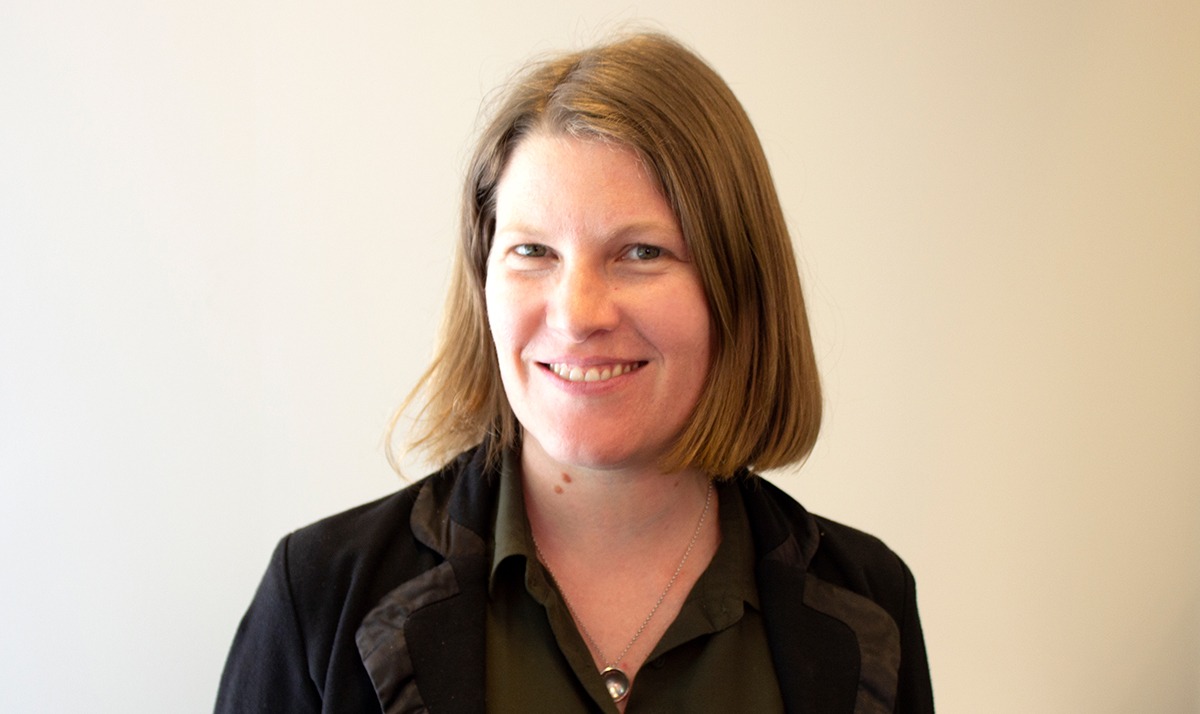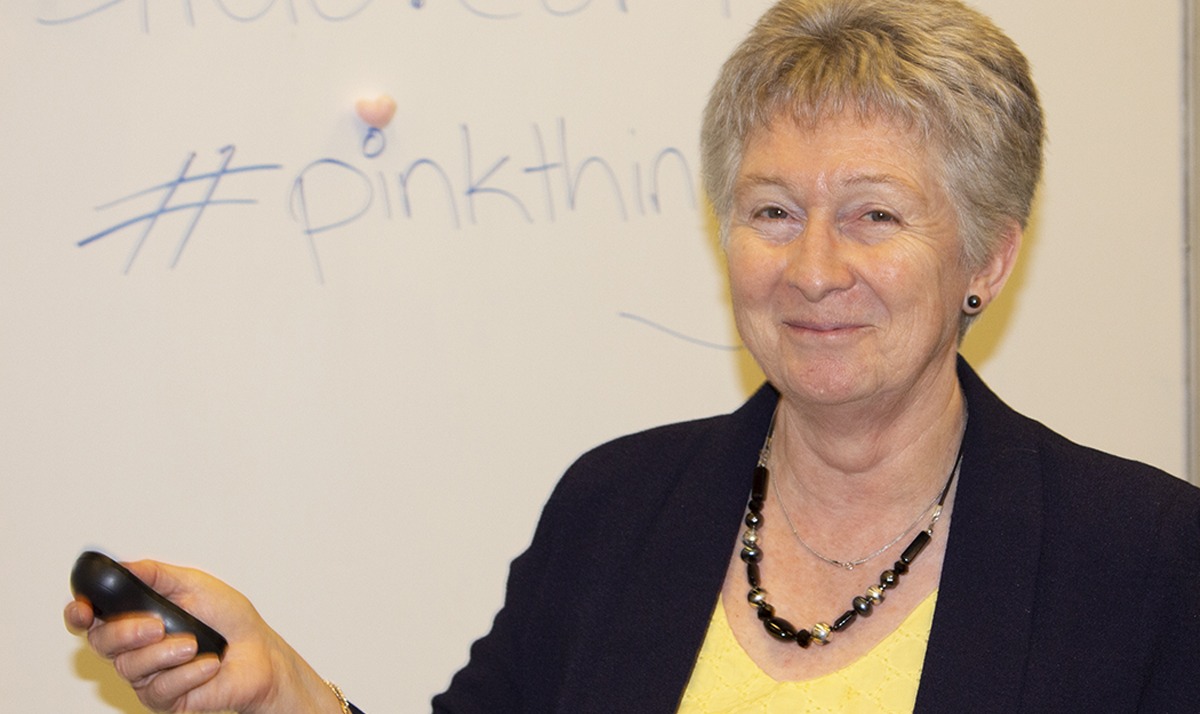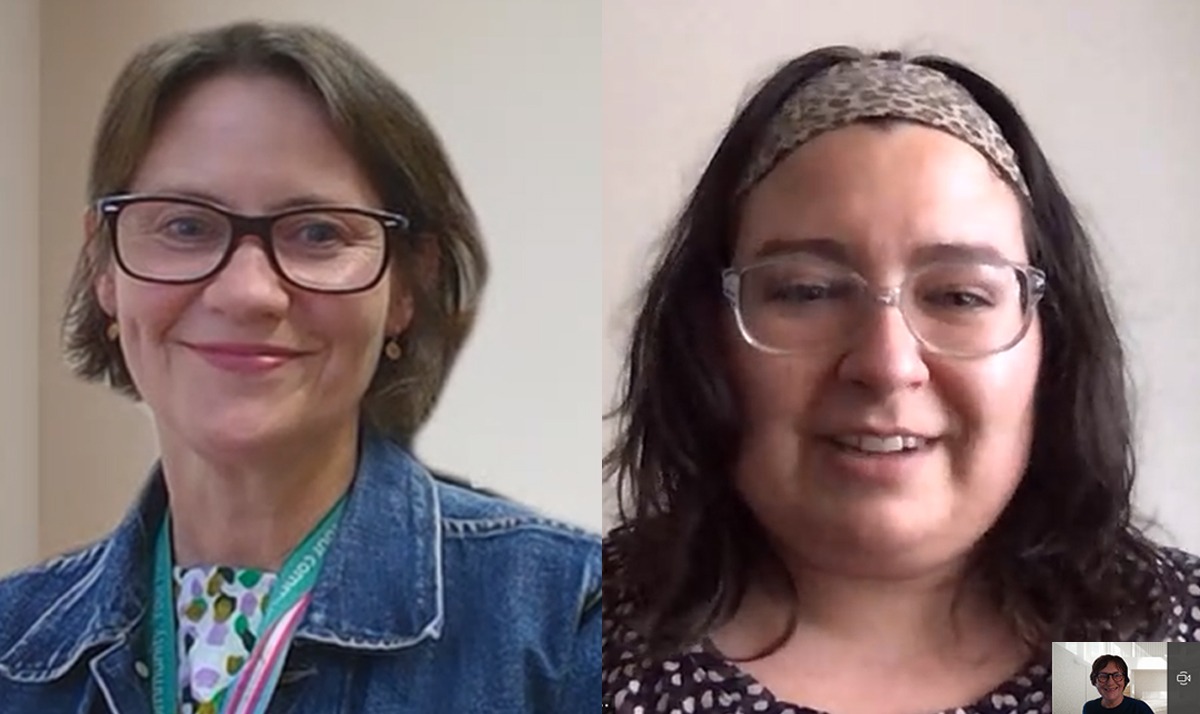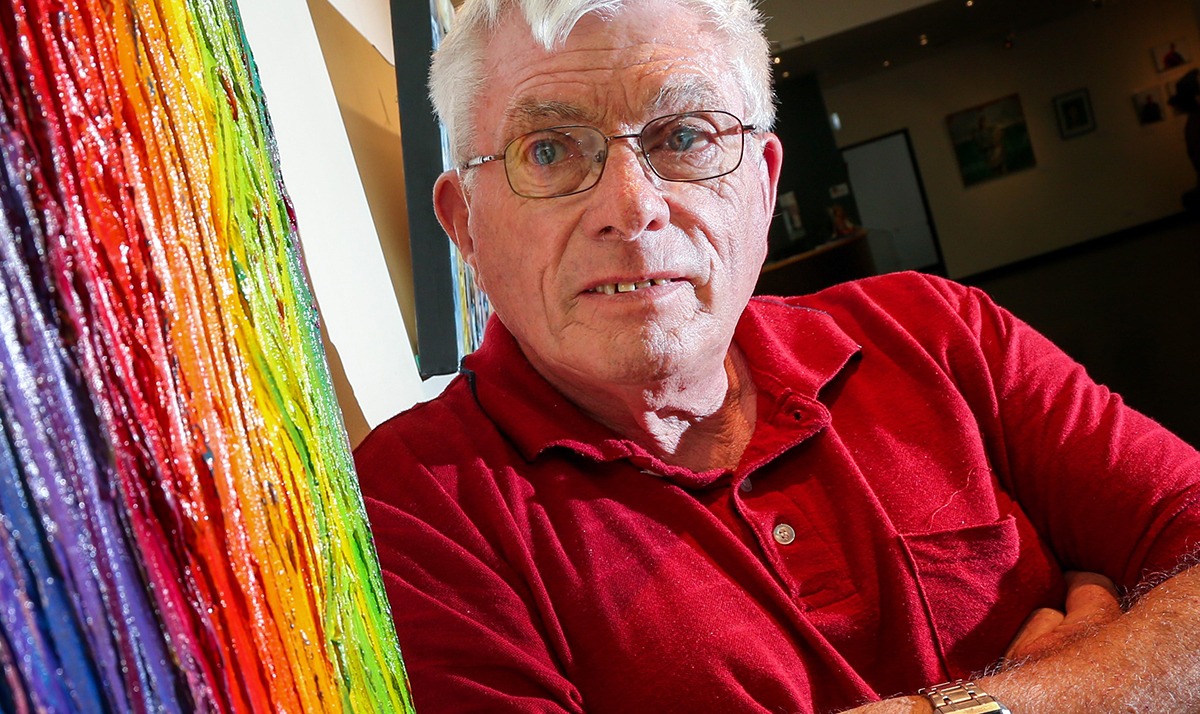Taking a different view
It’s interesting how looking through the same eyes, you can see different things, according to Kristiina Siiankoski.
By day, Kristiina works as a health policy advisor for a government department. But out-of-hours she volunteers her time running a peer support group for a little-known condition called Mayer-Rokitansky-Küster-Hauser – MRKH for short.
This experience helps her see her day job in a whole different light, reminding her what it’s like to be an everyday person encountering the health system.
“MKRH isn’t very common – it affects one in 5000 females – and it’s the nature of the condition that people don’t really want to talk about it,” she said.
MKRH is a congenital syndrome which primarily affects the female reproductive system. It may also affect the skeletal system, kidneys, heart and hearing.
“One of the easiest ways to engage people is online because people want to protect their confidentiality,” Kristiina said.
“They generally get diagnosed when they are teenagers (often because they have experienced puberty without having a period). Me and a few other people around the country run a support organisation.
“We use Facebook and also Instagram and one of the groups has over 1300 people in it.”
In 2019, Kristiina ran a one-day conference for global MKRH Day and said social media was a valuable tool because it allowed people to connect in a really intimate way within the group while still maintaining their privacy from the outside world.
“We can’t live-stream the event because of confidentiality. For example some of the speakers and people in the audience wanted to remain completely confidential,” she said.
“But social has been a really healthy means of letting people know what we discuss at the event and for letting people post anonymous questions through the day.”
A human connection
Kristiina said her advocacy work was an important reminder to pause and connect with people in her day job.
“At work, you can totally forget what it’s like to be a consumer because you get focused on the task at hand and all the practicalities come into it – like I just have to do it, I’ve got a deadline!” she said.
“But in my role at DHHS, we’re working towards including more of a consumer’s voice in the work we do. The process is helpful as I connect with the community. It gives me oversight not to get too caught up in the details.”
Kristiina recently completed a Graduate Certificate in Consumer and Community Engagement at Health Issues Centre and said this had helped her see how the two activities could inform each other.
“Doing the course has helped me see from inside my job how it feels to be a consumer. In my day job as a health policy advisor, I get to see inside the building and get an insider perspective of how the bureaucracy works,” she said.
“I’m trying to get the whole picture of what it feels like on the other side. Having the experience of being a consumer’s voice really informs that work and I want to try to bring the professional side of what I do together with the work I’m doing on MRKH.”
Kristiina recently completed Health Issues Centre’s Graduate Certificate in Consumer and Community Engagement (10164NAT). If you would like to know more about this course, click here.






